Will Islam survive without religious figures?
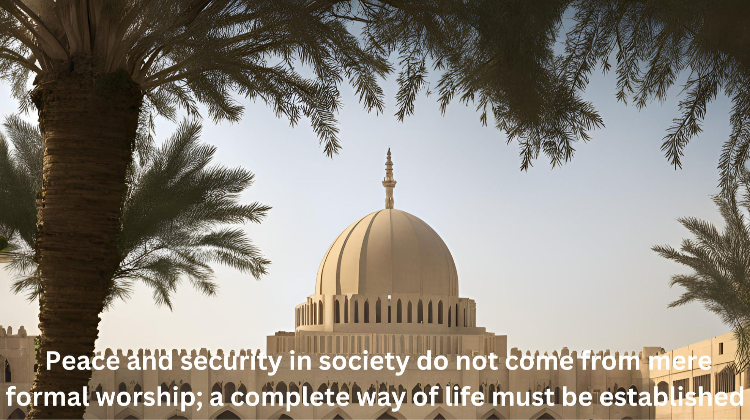
Dr. Mubashwar Hasan, a researcher on religious politics and organizations in Bangladesh, expressed some opinions in an interview with international media (BBC Bangla, May 1, 2021) about the madrasa-based population that creates religious fervor. Referring to the students and teachers of Qawmi madrasas who have caused unrest in various districts of the country, including Brahmanbaria, he said, "People have to go to them, meaning the madrasa people, for various daily activities of society in Bangladesh. This is the basis on which these groups are formed, making them seem even more powerful." There is no room to disagree with Dr. Mubashwar Hasan's statement. Rather, it is commonly said in our society that without them, who will conduct weddings, lead prayers, conduct funeral rites, perform supplications, etc.? In other words, Muslims have to go to them for certain religious formalities. And it is this necessity that makes them feel powerful.
religious fervor. Referring to the students and teachers of Qawmi madrasas who have caused unrest in various districts of the country, including Brahmanbaria, he said, "People have to go to them, meaning the madrasa people, for various daily activities of society in Bangladesh. This is the basis on which these groups are formed, making them seem even more powerful." There is no room to disagree with Dr. Mubashwar Hasan's statement. Rather, it is commonly said in our society that without them, who will conduct weddings, lead prayers, conduct funeral rites, perform supplications, etc.? In other words, Muslims have to go to them for certain religious formalities. And it is this necessity that makes them feel powerful.
These formal acts of worship are not the purpose of Islam. The purpose of Islam is much greater. Islam is a way of life, and Allah will make it victorious everywhere (Surah Mujadila 21). The victory of Islam means the establishment of peace on Earth. Peace and security in society do not come from mere formal worship; a complete way of life must be established. That is why the Messenger of Allah (peace be upon him) established peace, justice, fairness, and security throughout the Arabian Peninsula with the complete religion given by Allah. His companions established this in half the world. But after their departure, the Ummah abandoned the struggle to establish the true religion over the rest of the world. As a result, peace was not established in the other half of the world. However, establishing peace throughout the entire world is the goal of the Ummah of Muhammad (SM). When, how, and through whom this will happen will be determined by Allah. As representatives of Allah, the duty of mankind is to obey Allah's commands and establish equality, justice, human rights, and humanity by enforcing Allah's orders and prohibitions in collective national life—in a word, to establish peace. If, in national life, Allah's commands and prohibitions are disregarded and only formal worship, remembrance, and praise of Allah are performed, will peace come to society? No. As long as Islam, that is, peace, is not established throughout the entire world, no matter how many formalities are observed, Iblis will remain victorious. And if Iblis is victorious, then all those formal acts of worship are meaningless.
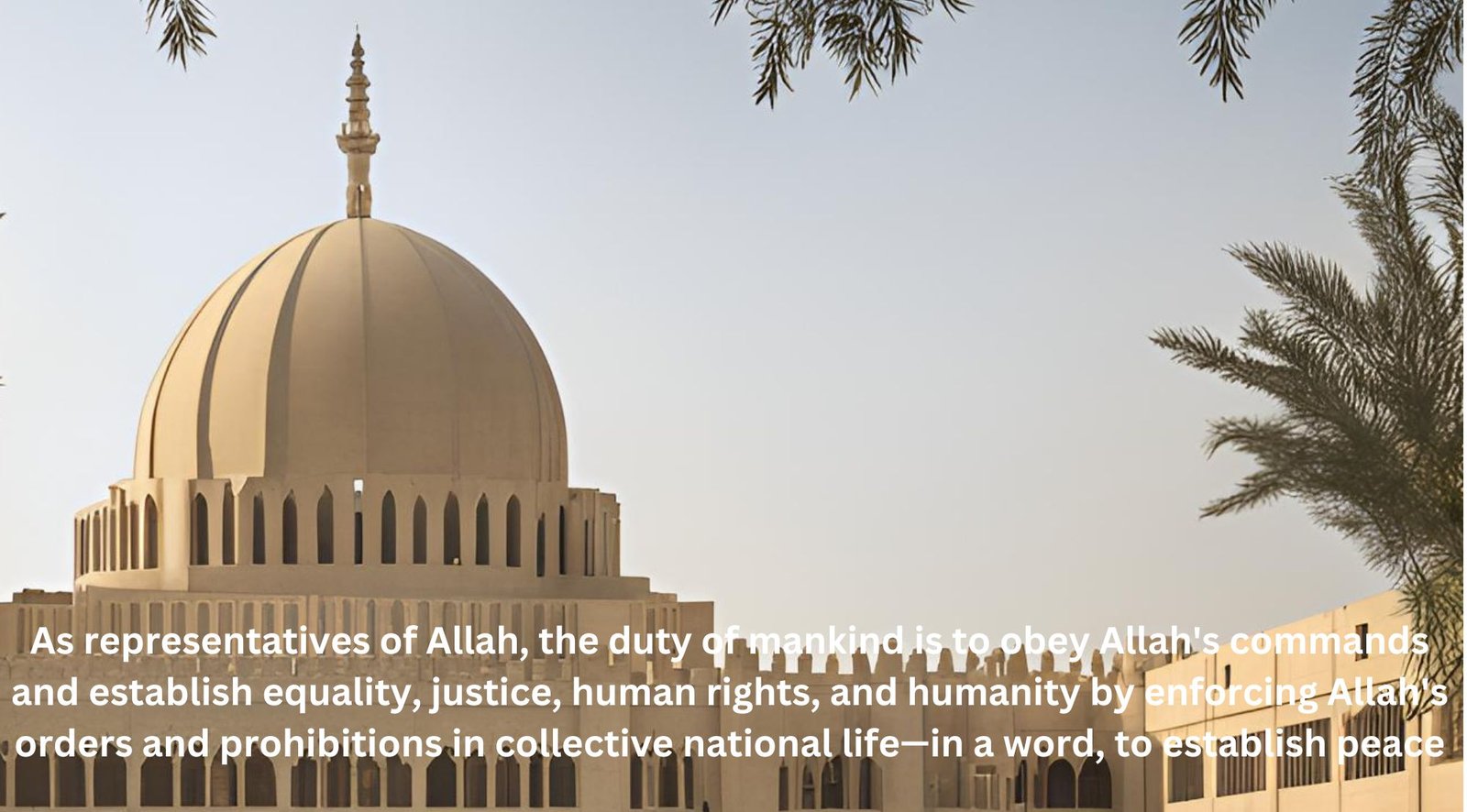 I say these things because many people argue that if no compensation or remuneration is given for religious formalities, the religious business class in society will not be interested in devoting time to these religious rituals. As a result, the practice of Islam will cease, and Islam will become extinct. Then who will give the call to prayer, who will lead the prayers, who will teach people about the religion, who will conduct marriages, who will perform the aqiqah for children, who will lead the funeral prayers after death? Therefore, many justify the acceptance of compensation by arguing that even to keep Islam alive, payment must be made.
I say these things because many people argue that if no compensation or remuneration is given for religious formalities, the religious business class in society will not be interested in devoting time to these religious rituals. As a result, the practice of Islam will cease, and Islam will become extinct. Then who will give the call to prayer, who will lead the prayers, who will teach people about the religion, who will conduct marriages, who will perform the aqiqah for children, who will lead the funeral prayers after death? Therefore, many justify the acceptance of compensation by arguing that even to keep Islam alive, payment must be made.
Is this really true?
Who introduced these practices? During the time of Messenger of Allah (peace be upon him) or the Khulafa-e-Rashedin, the Rightly Guided Khaliphs, there was no professional class acting as intermediaries between Allah and the people. Islamic history tells us that when a child was born, a senior member of the family would give the adhan (call to prayer). At the time of aqiqah, the guardians of the newborn would name the child. There was no need for a paid "qazi" to conduct marriages, recite du'as, or lead supplications. Any elder in the family or community could mediate the marriage in the presence of witnesses. Besides, this mediation is not an essential condition for marriage. The essentials of marriage are the consent of the bride and groom, the payment of the dowry (Mahr), and the presence of a few witnesses. Believers would slaughter their own sacrificial animals themselves without needing to hire anyone. In the mosque, prayers were led by a social leader (amir) appointed by the Caliph. In his absence, anyone whom the congregation preferred would lead the prayers.
After someone's death, the deceased's child, father, or the leader of the Muslim community would lead the funeral prayer (janazah). This was both a religious duty and a social responsibility for them. They were all aware of this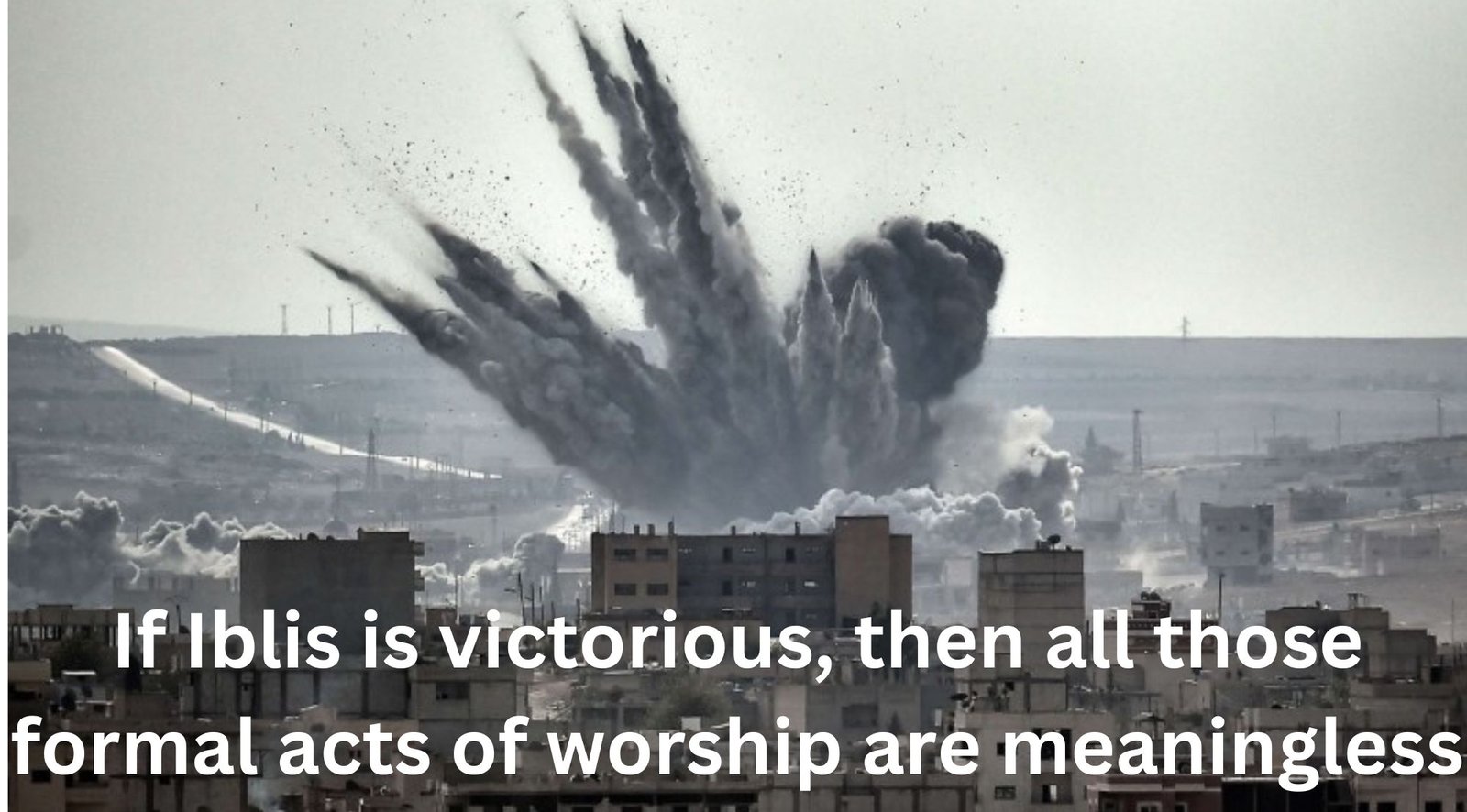 responsibility. According to Shariah principles, if the deceased did not make a will specifying someone to lead the janazah prayer, then the closest relative would perform it. Among close relatives, the order of priority is the father, then the grandfather, then the son, then the grandson, and then the brother (as stated in "Rawdat al-Talibin" by Imam Nawawi, Volume 2, Page 121).
responsibility. According to Shariah principles, if the deceased did not make a will specifying someone to lead the janazah prayer, then the closest relative would perform it. Among close relatives, the order of priority is the father, then the grandfather, then the son, then the grandson, and then the brother (as stated in "Rawdat al-Talibin" by Imam Nawawi, Volume 2, Page 121).
In this context, an incident from the time of the Messenger Muhammad (peace be upon him) can be mentioned. A female companion used to sweep the Messenger's Mosque (Masjid al-Nabawi). When she passed away, the companions took the initiative to perform her funeral prayer and burial. The news of her death was not conveyed to the Messenger. When he learned about it later, he expressed regret and said, "If only you had informed me." (Hadith: Bukhari, "Salat" chapter, Hadith 458; Muslim, "Janazah" chapter, Hadith 956).
Consider this: a woman used to sweep the Messenger of Allah's Mosque (Masjid al-Nabawi). Yet today, we often see signs stating, "To preserve the sanctity of the mosque, women are strictly prohibited from entering." Those who have imposed this ban have reversed the practices or principles of the Messenger under the pretext of protecting religion by making various ijtihad (independent reasoning) and qiyas (analogical reasoning). Anyway, what I was talking about is that none of the religious activities mentioned above involved any monetary transactions at that time. Preserving that tradition is true obedience and adherence to Allah and His Messenger. Claiming to protect Islam while abandoning this practice is undoubtedly intentional.
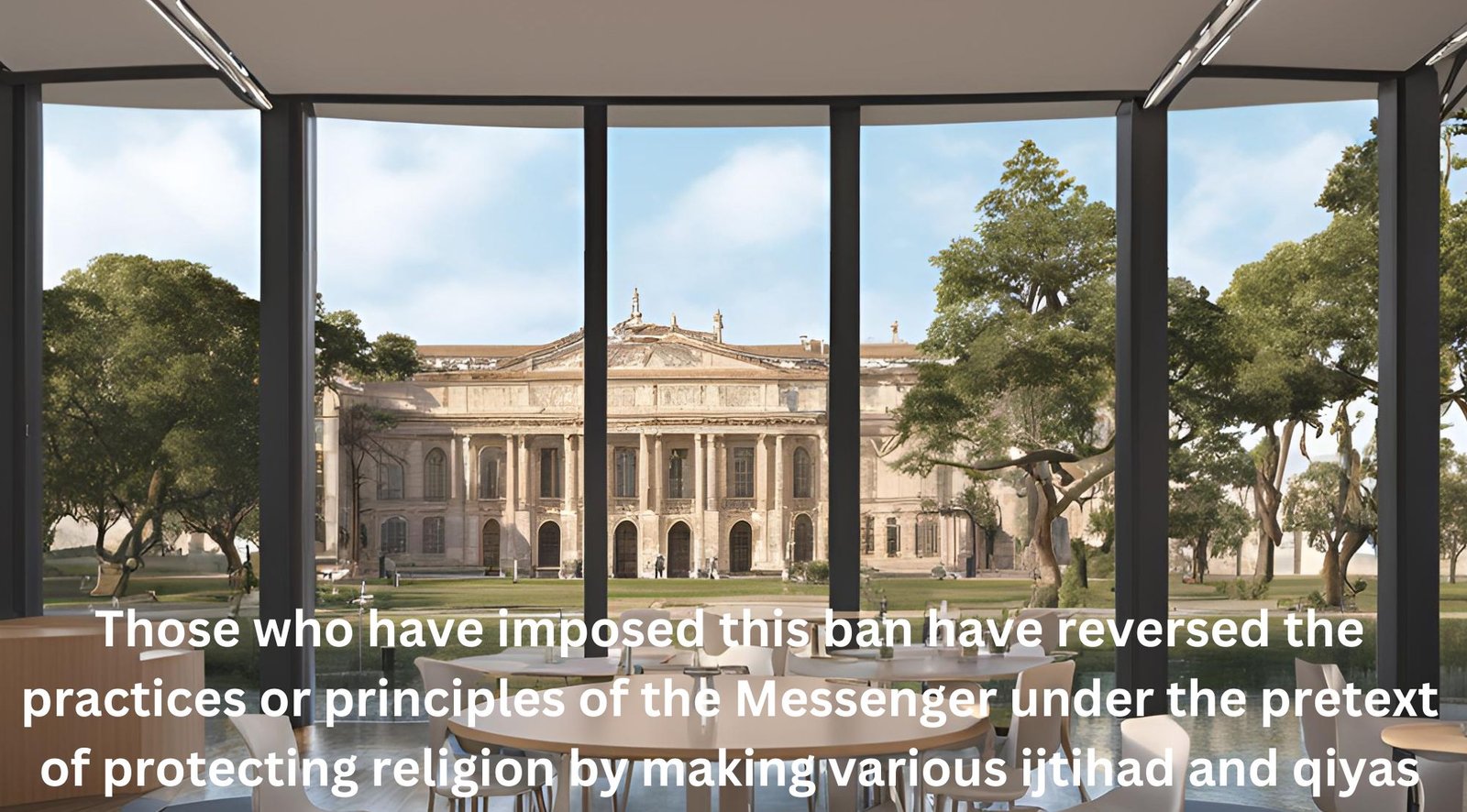 When we say that accepting money for religious services is prohibited, those who support compensation argue back, "These scholars conducted your parents' marriage, performed your aqiqah after you were born, and will conduct your janazah when you die. Therefore, they are an indispensable part of society." This argument is extremely weak because, as we have shown earlier, there was no separate priestly class for performing these activities in our community. The members of the community themselves could perform these tasks. The founder of this community stated that acquiring knowledge is obligatory for every Muslim, male and female (Hadith: narrated by Anas (RA), Sunan Ibn Majah).
When we say that accepting money for religious services is prohibited, those who support compensation argue back, "These scholars conducted your parents' marriage, performed your aqiqah after you were born, and will conduct your janazah when you die. Therefore, they are an indispensable part of society." This argument is extremely weak because, as we have shown earlier, there was no separate priestly class for performing these activities in our community. The members of the community themselves could perform these tasks. The founder of this community stated that acquiring knowledge is obligatory for every Muslim, male and female (Hadith: narrated by Anas (RA), Sunan Ibn Majah).
The knowledge referred to in this Hadith is the essential knowledge required to live according to Islam. It is not the extensive and intricate knowledge of Fiqh, Usul al-Fiqh, or Tafsir of the Quran. It is the basic knowledge necessary for daily life according to Islam. For instance, someone who wants to do business must first know the Islamic principles of conducting business. Someone who wants to marry must know the Islamic rules of marriage. Those who want to sacrifice animals must know which animals are permissible to eat and how to properly sacrifice them. They must also know how to perform the janazah prayer when someone dies, as it is the duty of close relatives to lead the prayer. Acquiring this basic knowledge is mandatory for every individual in the community, regardless of gender. This is the purpose of a mosque-based community system.
In the era of true Islam, mosques were not only places for prayer but also places where people could learn the rules for daily life free of charge. However, when this system declined, an intermediary class between Allah and the people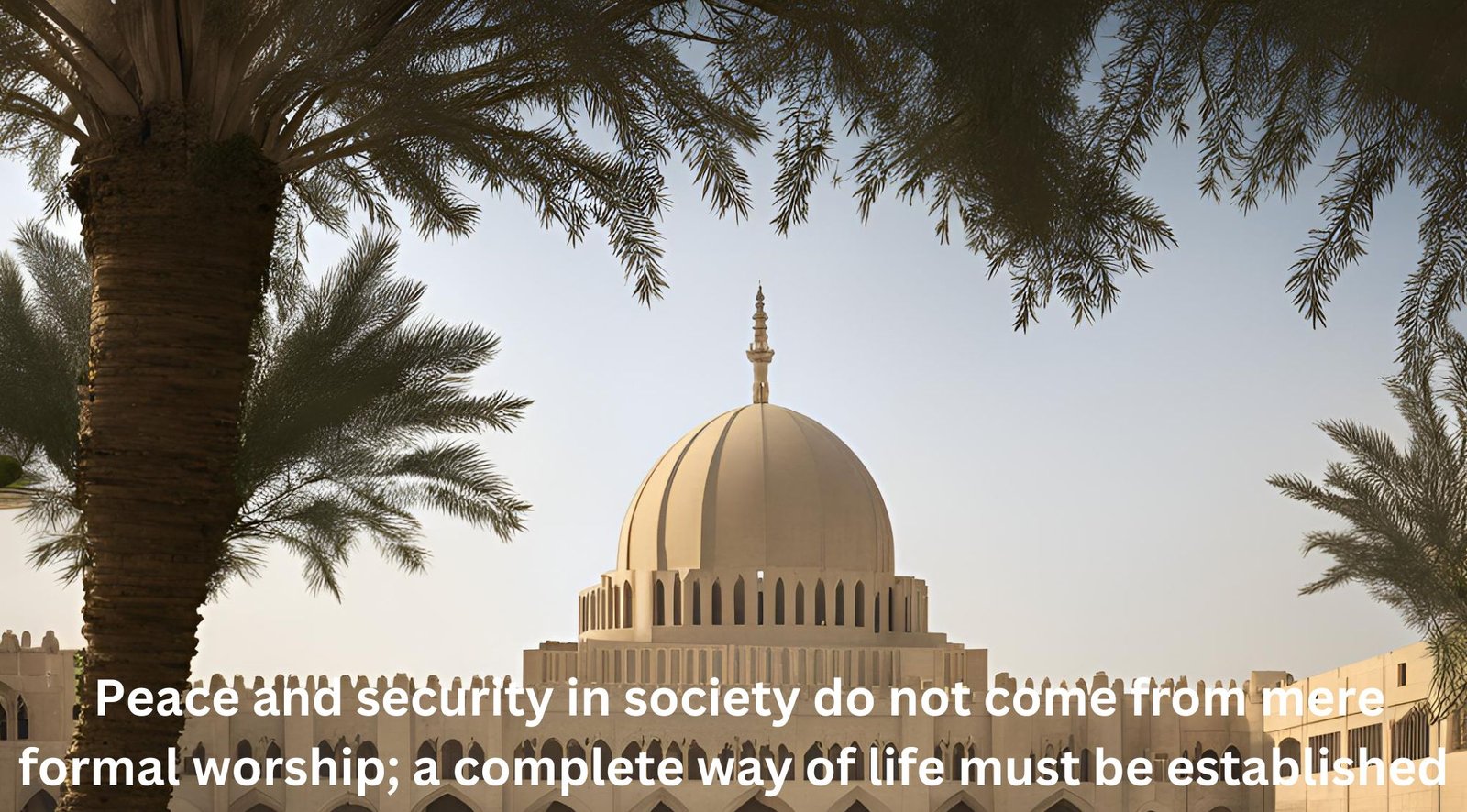 emerged. This class has introduced priesthood into Islam. They are not even imparting the basic essential knowledge mentioned above to people. As a result, we are forced to rely on them for religious matters. They have complicated every aspect of Islam by creating countless issues, turning it into a complex religion that would take a person years to learn. Consequently, it is impossible for everyone to acquire this knowledge. Just like creating an artificial crisis by hoarding essential goods, they have created an artificial crisis in religious knowledge and then argue that our parents' marriages would not have happened without them, and so on.
emerged. This class has introduced priesthood into Islam. They are not even imparting the basic essential knowledge mentioned above to people. As a result, we are forced to rely on them for religious matters. They have complicated every aspect of Islam by creating countless issues, turning it into a complex religion that would take a person years to learn. Consequently, it is impossible for everyone to acquire this knowledge. Just like creating an artificial crisis by hoarding essential goods, they have created an artificial crisis in religious knowledge and then argue that our parents' marriages would not have happened without them, and so on.
In reality, ignorance is the greatest sin, and those who have kept our ancestors and the current generation ignorant are the greatest sinners.
Images Related to this Post

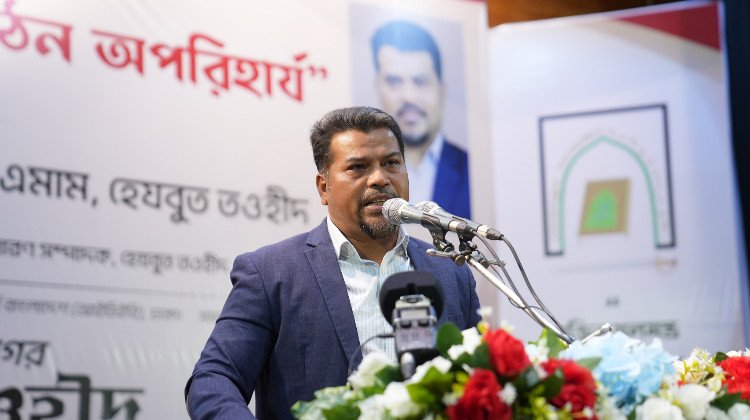
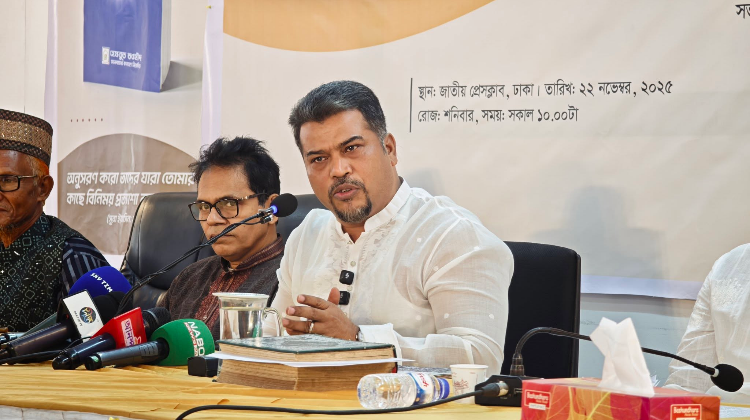
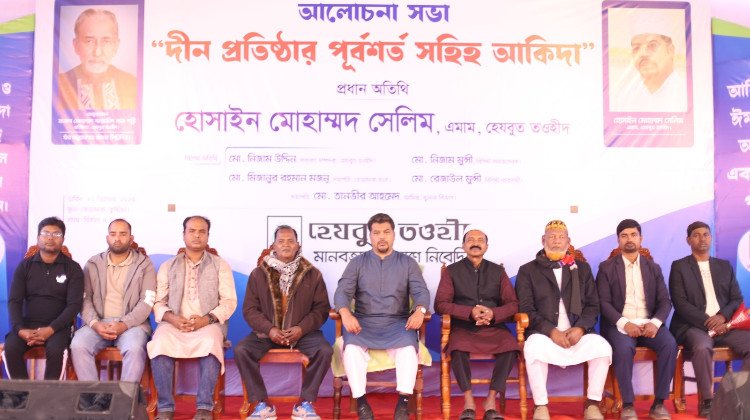
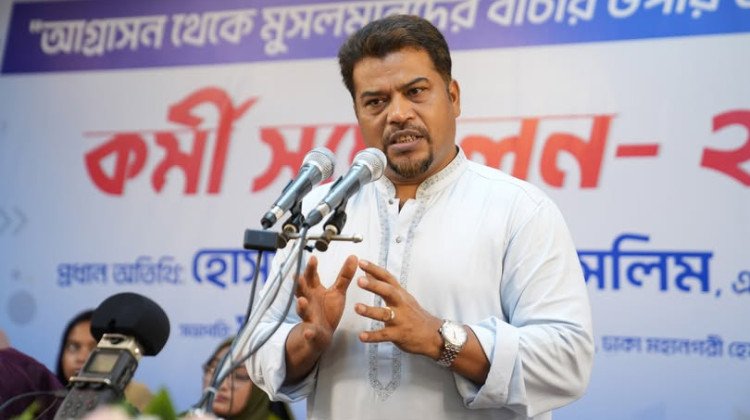
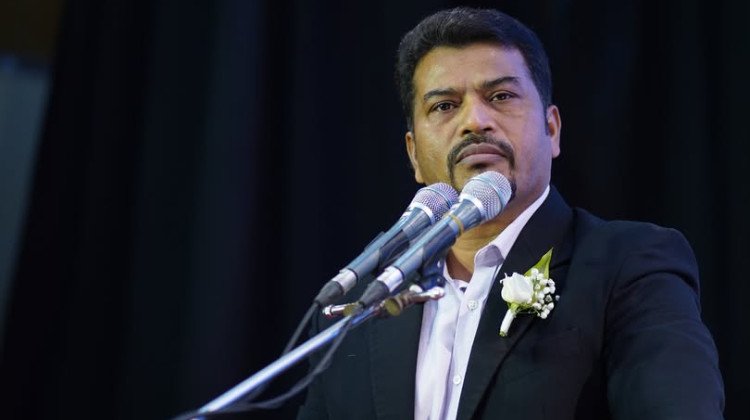
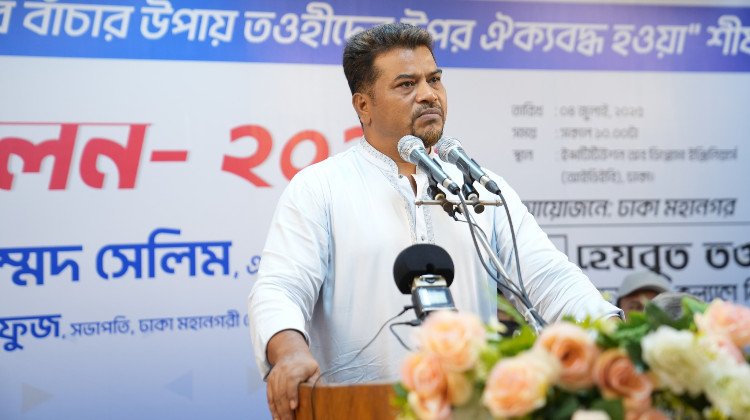
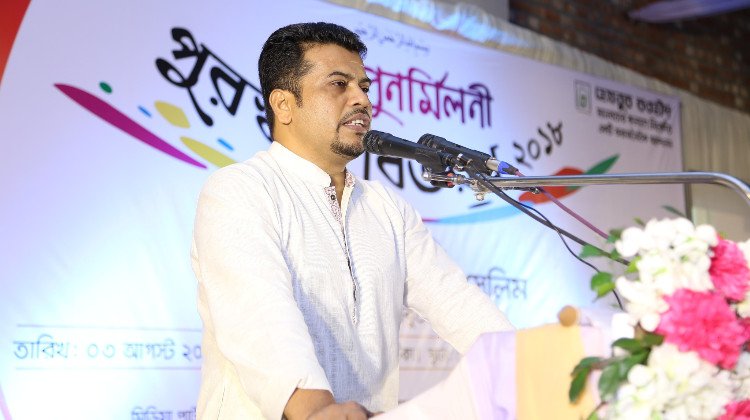
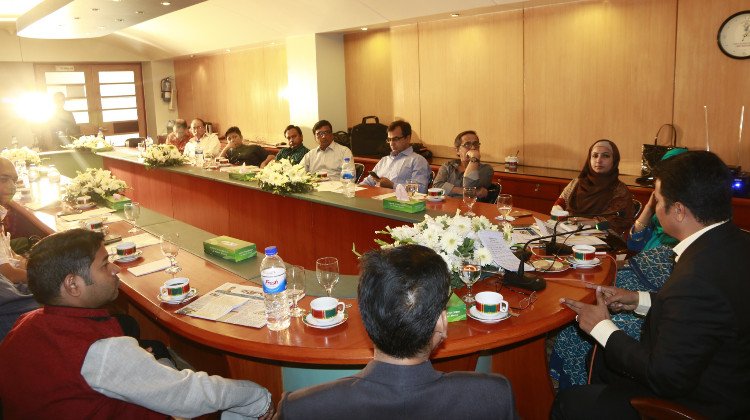
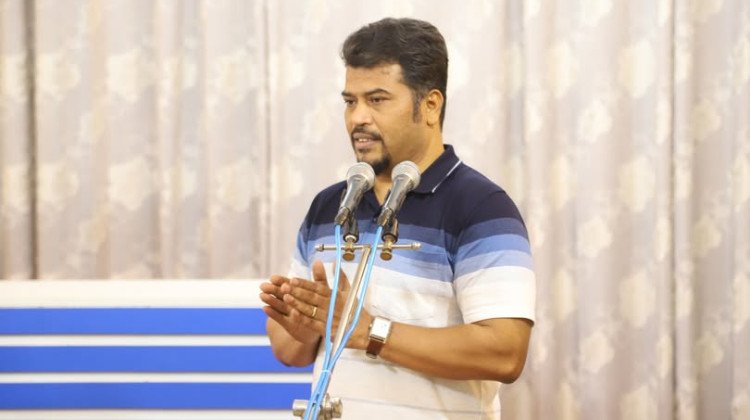





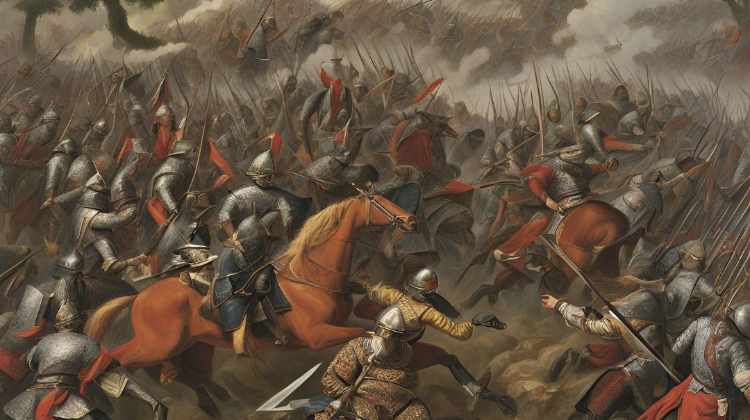
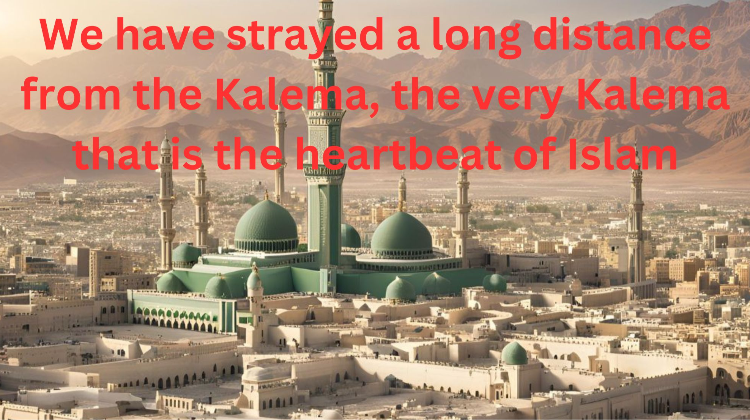
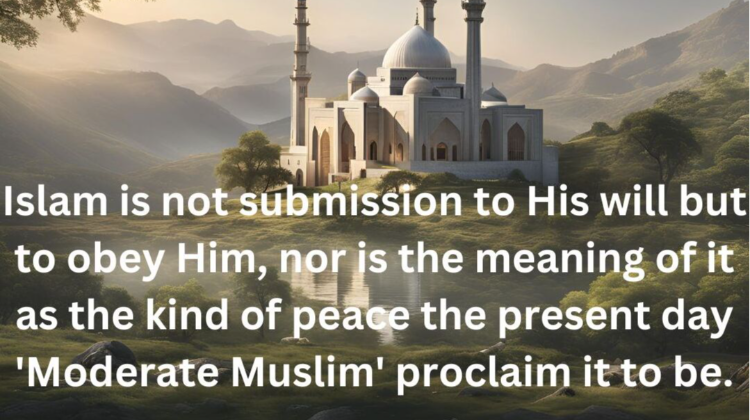

Leave a Comment